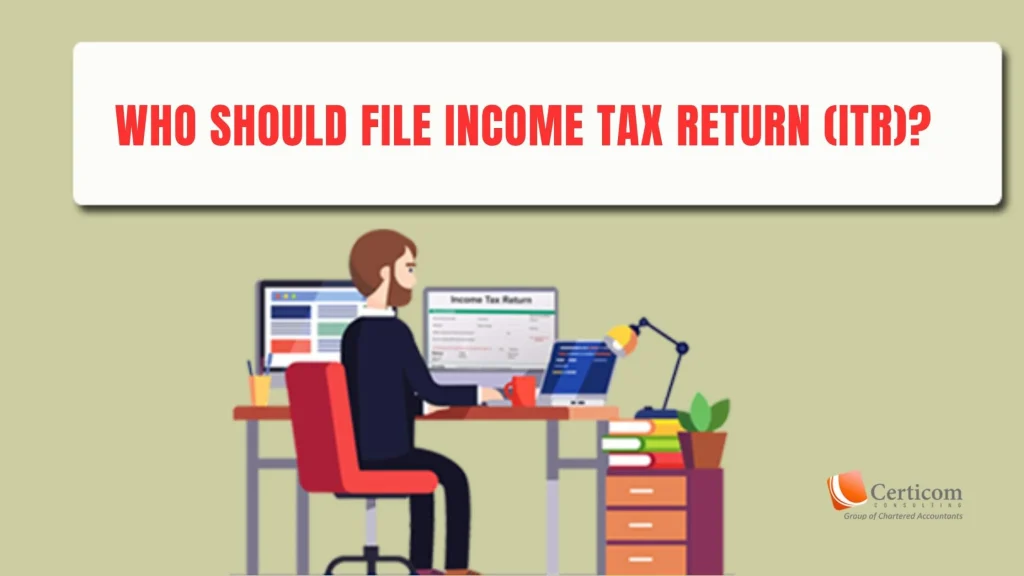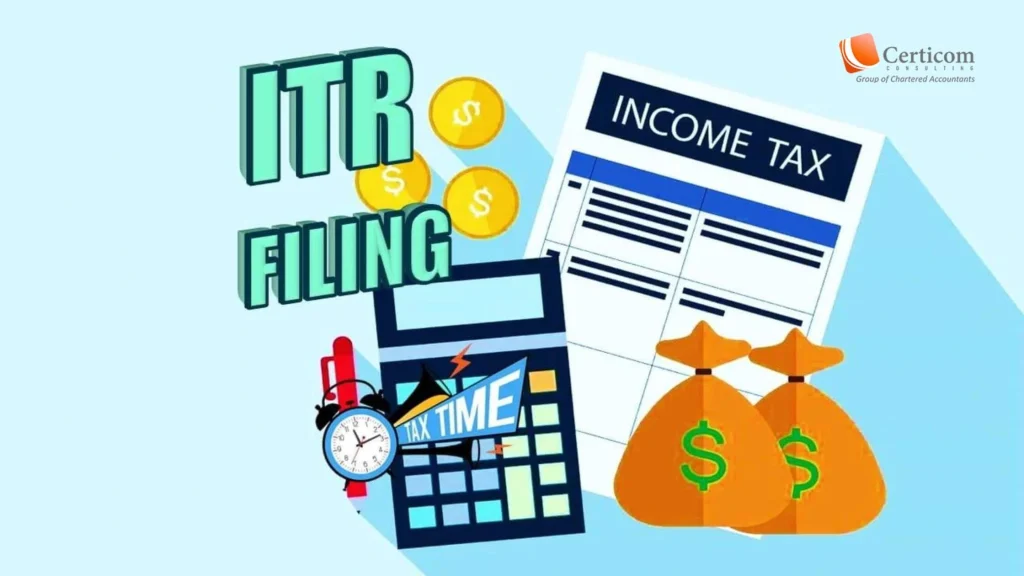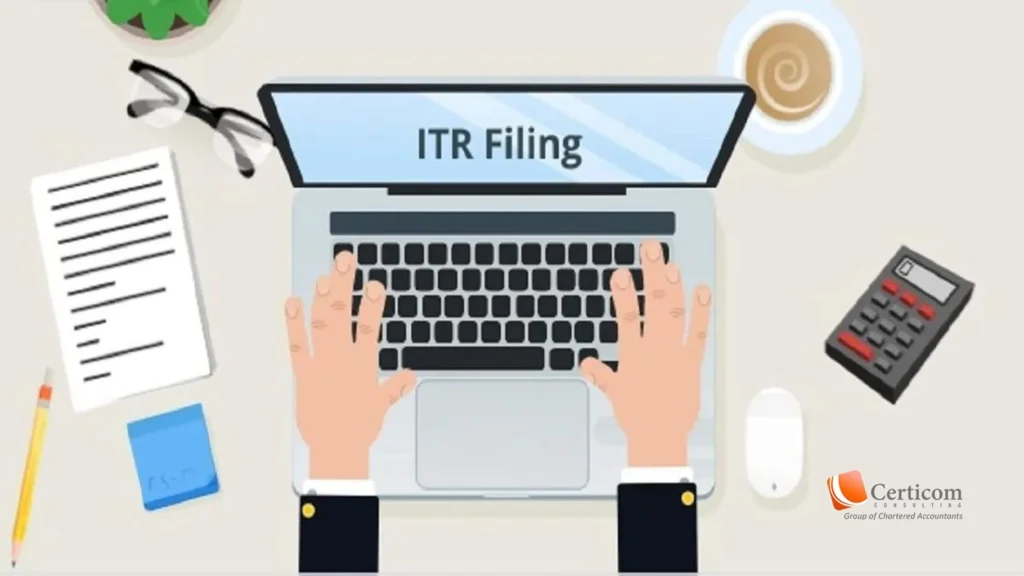WHO SHOULD FILE INCOME TAX RETURN (ITR)?

Filing an Income Tax Return (ITR) is an important annual obligation for individuals in India. It helps in reporting and assessing their income, ensuring compliance with tax laws, and determining the tax liability or refunds owed to them. However, it is essential to understand who is required to file an ITR, as the criteria vary based on factors such as income, age, and sources of income. In this article, we explore the categories of individuals who are generally required to file an ITR in India.
1. Individuals with Taxable Income
Any individual whose total income exceeds the minimum taxable threshold is required to file an ITR. The minimum taxable threshold differs based on the age and residential status of the individual. For instance, for the financial year 2022-23 (Assessment Year 2023-24), the basic exemption limits were:
- Individuals below 60 years: Rs. 2.5 lakhs
- Senior citizens (aged 60 to 80 years): Rs. 3 lakhs
- Super senior citizens (above 80 years): Rs. 5 lakhs
If an individual’s income surpasses these thresholds, filing an ITR is mandatory.

2. Non-Resident Indians (NRIs)
NRIs are required to file an ITR if they have any income arising in India, irrespective of the amount. This includes income from salary, property, capital gains, business or profession, or any other taxable sources within the country. However, if an NRI’s total income is below the basic exemption limit and consists only of certain specified incomes (such as interest income or dividend income), they may not be required to file an ITR, subject to specific conditions.
3. Business Owners and Professionals
Individuals engaged in a business, profession, or self-employment are required to file an ITR. This category includes freelancers, consultants, doctors, lawyers, traders, and any other individuals conducting business activities.
4. High-Value Transaction Participants
Individuals who have undertaken certain high-value transactions during the financial year are required to file an ITR, regardless of their total income. These transactions include:
- Purchase or sale of immovable property with a value above specified thresholds.
- Investment in specified financial assets above a certain limit.
- Expenditure on foreign travel exceeding a predetermined threshold
5. Individuals with Foreign Assets or Income
Individuals who hold any foreign assets, such as bank accounts, properties, or financial investments, or have earned any income from outside India, are required to file an ITR, irrespective of the income threshold. Compliance with tax laws related to foreign assets and income is essential, and failure to report such assets can attract penalties.
6. Claiming Refunds or Loss Set-Off
If an individual has incurred a loss in any financial year and wishes to carry forward or set off the loss against future income or claim a refund of excess taxes paid, filing an ITR is necessary. It enables the individual to avail of these benefits and comply with the provisions of the Income Tax Act.
7. To apply for a loan
You should file an income tax return to apply for a bank loan
8. Mandatory Filings
Certain individuals, such as public servants, elected representatives, and individuals with exempt income or income from charitable trusts, are required to file an ITR, even if their income is below the taxable threshold. This is to ensure transparency and accountability in their financial affairs.
9. Hindu Undivided Family (HUF)
HUFs are assessed as separate entities for income tax purposes. If the HUF’s income exceeds the basic exemption limit, it must file an ITR.
10. Companies
All companies, including private limited companies, public limited companies, and one-person companies (OPCs), are required to file an ITR, regardless of whether they have made a profit or incurred a loss
11. Partnership Firms
Partnership firms, including limited liability partnerships (LLPs), are required to file an ITR. Partnership firm files an ITR showing the income, deductions, and tax liability.

12. Trusts and Charitable Institutions
Trusts and charitable institutions registered under the Income Tax Act, 1961, are required to file an ITR if their income exceeds the basic exemption limit.
13. Associations and Political Parties
Associations, including scientific research associations, trade unions, and political parties, are required to file an ITR if their income exceeds the basic exemption limit.
Read More: GST AMNESTY: FILE GSTR-10 FINAL RETURN BEFORE 30/06/2023
Conclusion
Filing an Income Tax Return (ITR) is a fundamental responsibility for individuals in India. The requirement to file an ITR depends on various factors, including income. Additionally, individuals with certain types of income, such as income from capital gains, income from foreign assets, or income from business or profession, regardless of the total income, are also required to file an ITR
Related Post
Top 10 Tax Filing Rules for FY 2024-25
Crypto Non-Filers Under IT Scanner
Book A One To One Consultation Now For FREE
How can we help? *




